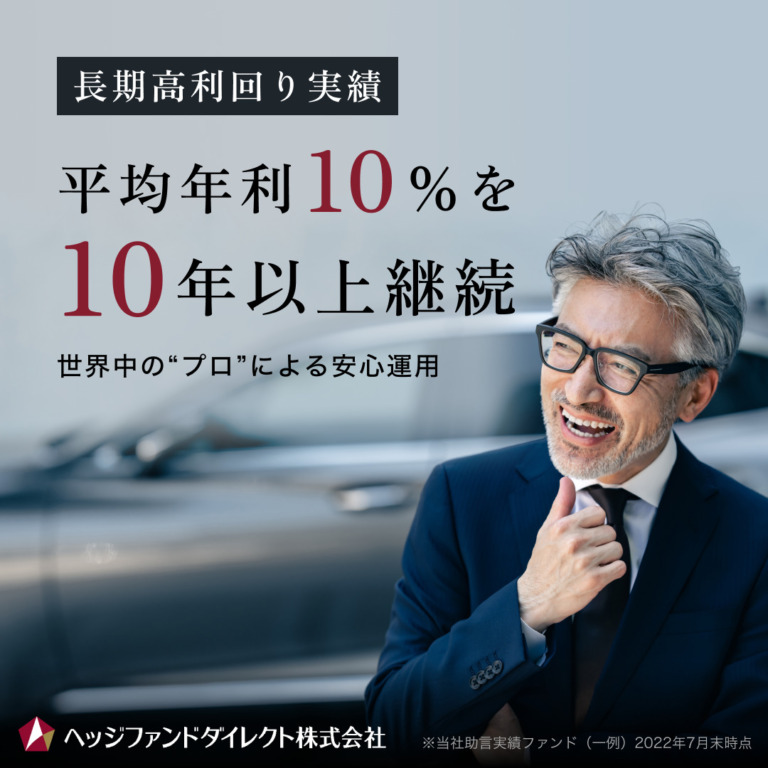This week’s ‘Profitable Moment’, is being written in New York where I am on assignment. It is interesting to see how those who live in the world’s financial capital are dealing with coming out of a recession. Much of what I report to you now is observational and anecdotal; often the best way to gauge the real economy and what is going on.
My initial impression was of a city still going through the economic grinder. A ride on the subway showed me passengers that were glum. Faces looked tired. The dark clothes of winter are still being worn and for good reason. Winter has made its ferocity felt in recent weeks, with the city digging out of record breaking levels of snow. And temperatures still are cold, even if the sun shines. There is a muted air about New York. Chatting to friends and contacts and it is clear there is more going on than just winter.
Just this past weekend the New York Times led its Sunday edition with the headline “Despite Signs of Recovery, Chronic Joblessness Rises,” which wrote about how “the unemployed face years without jobs, exhausting savings and benefits.” According to the Bureau of Labour statistics, quoted in the article, 6.3 million Americans have been unemployed for more than six months – the highest number since records began. It’s not surprising people are still looking glum.
People feel economically battered and bruised and can see no real light at the end of the tunnel. Across the city, stores that closed early in the recession remain shut and have yet to find new tenants.
In a city which likes to boast that it welcomes the world, many international tourists are thinking twice before coming here, especially those from the Eurozone. The Euro has fallen 5 percent against the dollar since the start of 2010. Even that old-standby -the UK tourist – isn’t offering much succour. Cheap hotels and bargain fares can only go so far against a falling pound, higher taxes at home and worries about jobs.
My hotelier told me his aim was keep the hotel as full as possible, even if that meant heavily reducing the rate. January and February are traditionally slow months, but this year he said business from Europe was down around 40 per cent. Only Fashion Week and a few conventions have saved the months.
Some may wonder when it will get better, for others it already has. The bankers of the city are clearly feeling the benefits of a stock market volatility and bonus time. I had coffee with an overseas banker who was also visiting New York. His business was getting back to pre-recession levels. Deals are being done, fees are being earned. It left me realising the gap between the beneficiaries and sufferers is getting larger.
To test my theory I went to the shops on Fifth Avenue. At the flagship Diesel store there were T-shirts costing more than $100 each and cardigans at $150. Lovely clothes but clearly expensive in troubled times. Perhaps some can still pay these prices.
A trip to the more modestly priced H&M also on Fifth Avenue revealed a different picture: colourful T-shirts selling at $5, long-sleeved shirts at $19 and a store doing brisk business. Guess where I spent my dollars converted from pounds?
None of this is should surprise anyone. The global economy is still recovering from the drastic surgery of the last 18 months. Like any patient it is going to take time to recover. My overriding impression from the Big Apple is that the recovery is not here just yet. Next, I am visiting the mothership of my television network; the headquarters of CNN in Atlanta. It will give me a chance to report back to you whether the glumness of New York is unique to the United States.
Whatever you may be up to in the week ahead, I hope it’s profitable.
– End –
Richard Quest is a CNN correspondent based in London, host of the weekday one-hour program “Quest Means Business”. For program highlights and more, go to www.cnn.com/qmb
